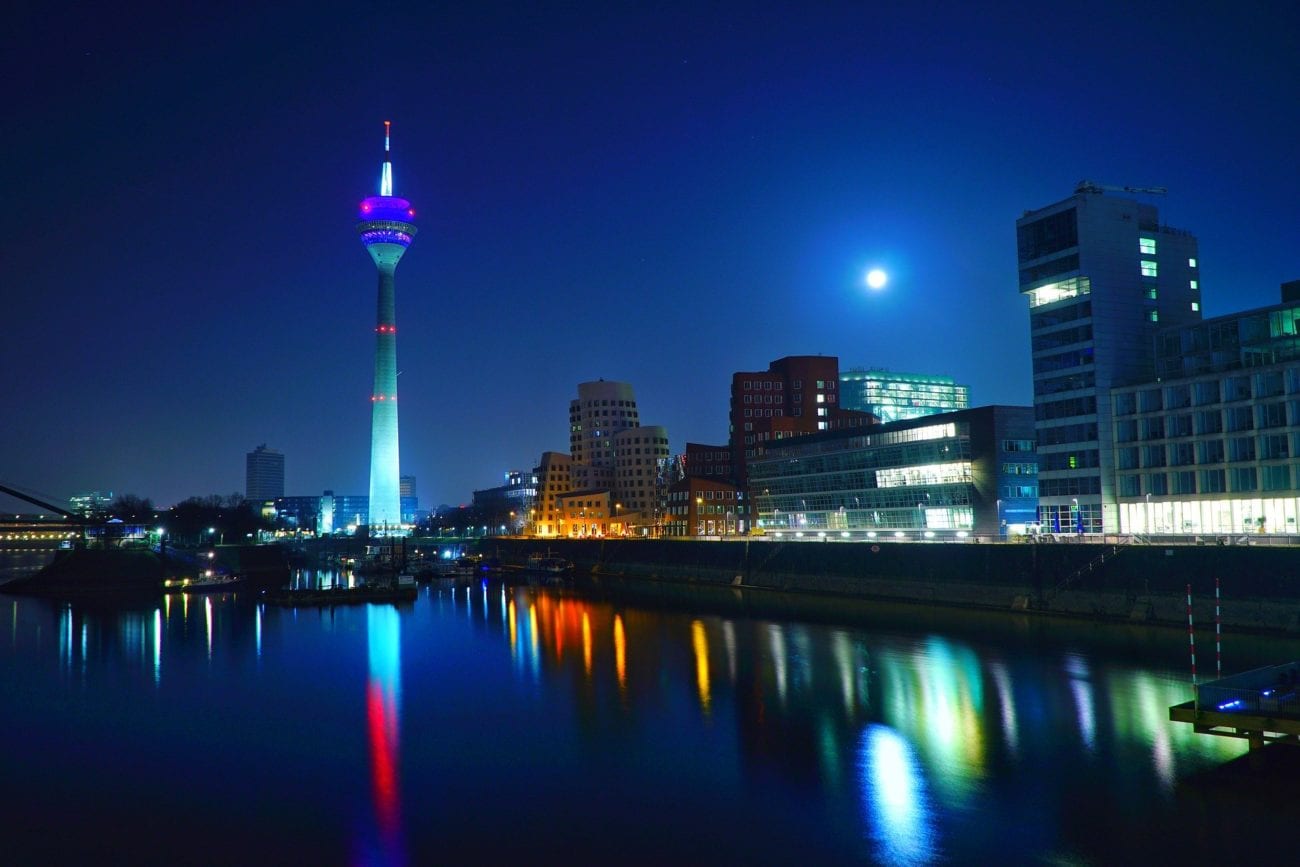Germany’s NRW passes bill to privatise casinos

The German state of Nordrhein-Westfalen (North Rhine-Westphalia) has passed a bill to facilitate the privatisation of its land-based casinos, clearing the way for a tender process to select an operator for up to six venues in the state.
Legislation allowing for the privatisation passed the state parliament last week, with votes from the Christian Democratic Union and Free Democratic Party factions enough to overcome opposition from a number of other parties.
The government first announced plans to privatise casino operator Westdeutsche Spielbanken (WestSpiel) in May 2018, selling the shares held by state-owned banking group NRW.Bank.
As state regulations at the time restricted operation of casinos to publicly owned entities, the Nordrhein-Westfalen Casino Law had to be changed to allow for private ownership.
The operator currently runs four casinos in the state, in Aachen, Bad Oeynhausen and Dortmund, with the final venue, Casino Duisburg, operating via a subsidiary. It also operates two casinos in the Free Hanseatic City of Bremen.
These casinos generated revenue of €107.7m in 2018 – the most recent figures available – of which €92.3m came from Nordrhein-Westfalen, paying a combined €50.4m in state taxes.
Two additional venues may be constructed by the business’ private owner, though the amended law does not specify any locations for these facilities.
The concession process is open to bidders based in a European Union country or the European Economic Area. Eligible applicants will be required to set out plans for the operation of the venues, as well as player protection strategies.
The state Ministry of the Interior will oversee the selection of the winning bidder, which will be granted an effective 15-year monopoly over casino gaming in Nordrhein-Westfalen. Each property will be subject to a 30% gross revenue tax for all income up to €15m, which then increases by 10% for each increment of €15m.
New venues, meanwhile, can have their tax obligations reduced to 25% of gross gaming revenue for the first three years following their opening.
While no company has publicly announced they will participate in the tender process, local media reports that German gaming giant Gauselmann Group, which is headquartered in Nordrhein-Westfalen, is likely to be a participant.
The bill passed despite vocal opposition from the Social Democratic Party (SPD), Bündnis 90/Green and Alternative für Deutschland (AfD) parliamentary factions. The SPD and Bündnis 90/Green claimed the legislation was being rushed through, at a time when WestSpiel’s properties had been performing well prior to their novel coronavirus (Covid-19) enforced shutdown.
They claimed that the taxes that would be gained through a state-owned operator would be lost to the private sector if the government passed the amendments. The Bündnis 90/Green faction also warned that responsible gambling controls could be eroded under private ownership, arguing that keeping casinos under state control would better protect players.
Parliamentary opponents also argued that Nordrhein-Westfalen should instead wait until Germany’s new regulatory regime for gambling came into force from July 2021.
